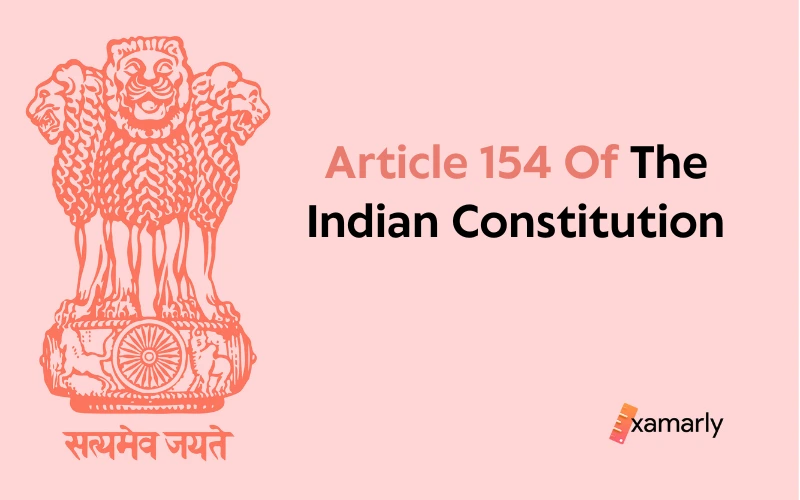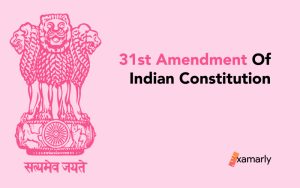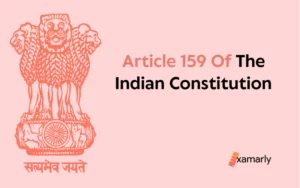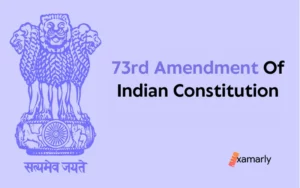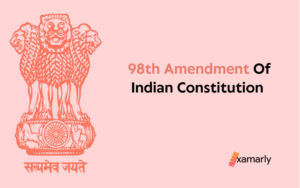According to the Constitutional provisions of Article 154 of the Indian Constitution, the Governor of a state is given complete authority over the state’s executive branch.
The Governor shall exercise executive power over the State of India in conformity with this Constitution, and may exercise such authority directly or indirectly through subordinates.
Provisions Of Article 154 Of The Indian Constitution
On May 30th and October 16th of 1949, discussions were held over the Draft Article 130, which later became Article 154. It granted the governor of state authority over the executive branch.
The Constitutional provisions of the said Article are as follows:
- The Governor shall have and wield, either directly or via officers subordinate to him, the executive power of the State in conformity with this Constitution.
- There is no provision in this article:
- (a) that shall be construed as transferring to the Governor any functions or duties that are authorized by existing law to be carried out by any other Authority.
- (b) that should be construed as thwarting Parliament or the State Legislature from delegating responsibilities to any authority subordinate to the Governor.
Key Terms
The Executive Power
The term “executive” is used in a more general sense to refer to both making a decision to take action and actually doing that action. The executive authority is what’s left over after the legislative and judicial powers. The governor is stated to have executive power.
Even if the order was issued without the Governor’s direct involvement and instead by someone he duly authorized in that capacity, the Governor is nonetheless liable for any actions that his employees perform while acting on his behalf. Some of the duties and functions that fall under executive authority could also be covered by judicial or legislative powers.
It should be noted that Article 154 does not address the issue of the State’s constitutional power; rather, it discusses how the executive power of the State is vested in the Governor.
State Government
The term “State Government” refers to the entity or individual authorized, as of the applicable date, to exercise executive authority within the State; beginning with the effective date of the Constitution, this term refers to the Governor of the State.
Check Out the linked article to learn about the First Schedule of the Indian Constitution which deals with the Union Territories and the name of the States.
Conclusion
The other component of Indian federalism, the states, is the focus of discussion in Part VI of the Constitution. Article 152-237 deals with a number of state-related provisions.
Each state is assigned a Governor in accordance with Article 153 of the Constitution of India, and Article 154 stipulates that the Governor is to be entrusted with all of the executive power of the state. However, according to Article 154(2)(a), the Governor is not allowed to perform any function that is authorized by existing law to be performed by any other Authority.
FAQs On Article 154
Which Article Bestowed Executive Power Upon The Governor Of The State?
Article 154 of the constitution grants the executive authority to the Governor of the State. A governor is the constitutional head of each of the twenty-eight states in the Republic of India.
What Is The Meaning Of Article 154(2b)?
There is no provision enshrined in this article that prohibits Parliament or the State Legislature from delegating by law functions to subordinate authorities.
Can Government Dismiss Any Public Servant In Line With Article 154?
The ability to dismiss a public worker at will falls outside the scope of article 154, and as a result, it cannot be transferred by the Governor to a subordinate officer. Instead, the Governor is the only person who is allowed to exercise this power in accordance with the procedures that are outlined in the Constitution.


